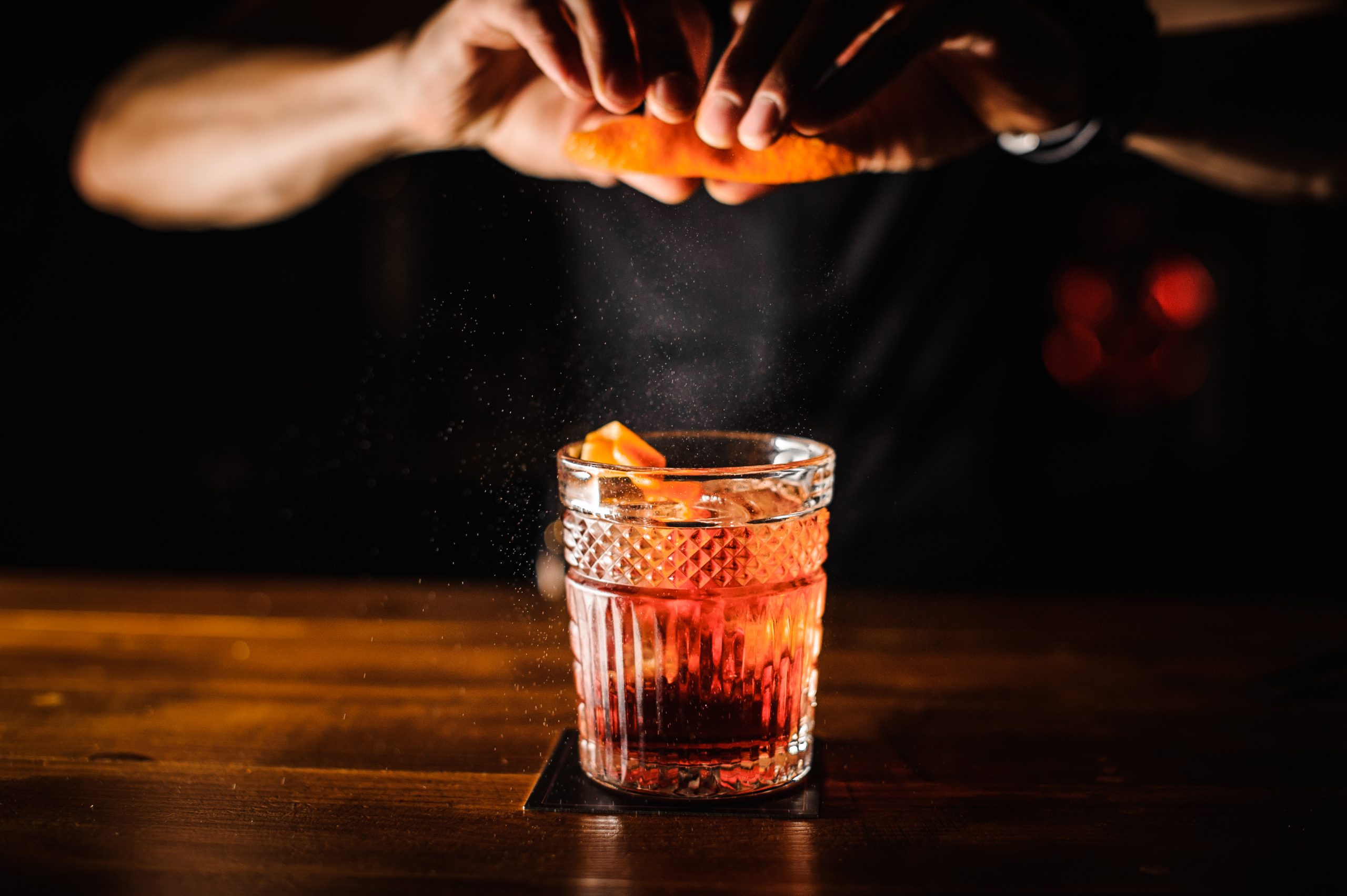

There are many aspects to being a standout bartender. The craft cocktail training hub A Bar Above says that bartending is “all about hospitality and the guest experience”—serving guests drinks, bar managing atmosphere, and building relationships with patrons. An increasingly essential part of good bartending is becoming a master mixologist.
Master mixologists are scientists (literally, chemistry is involved) and an art. You can teach yourself or seek out qualified teachers. It all depends on your preferred learning style. Here are 3 resources where you can train yourself up:
There are a multitude of online educational resources to become a master mixologist. Mentioned above, A Bar Above offers an astonishing array of mixology guides, like handy cheat sheets and articles about cocktail construction organized from beginner to advanced.
There are also countless great blogs specifically for bartenders about refining their craft. Some of the blogs that do an exceptional job covering mixology in-depth include:
If podcasts are more your style, there are a number of options there for you as well.
Even in the age of the internet, books remain one of the best and most useful ways of bestowing knowledge to up-and-coming bartenders. I recommend:
In the end, there’s nothing better than hands-on experience and guidance, but you often have to ask for it. If you are working with someone whose skills you really admire, observe their techniques and ask thoughtful questions. They may even be willing to make you a pseudo-apprentice.
Also, check out your local United States Bartender’s Guild—I know that ours here in Rhode Island provides regular workshops with various spirit companies and opportunities for ongoing mixology education. And when bartenders get together for social meetups, they often end up sharing tricks and new ideas they’re testing out with each other.
Whichever format helps you learn best, maintaining a proactive, receptive attitude is key, and don’t be afraid to experiment and make mistakes along the way! What are your favorite go-to resources for mixologists? Share in the comments below.
